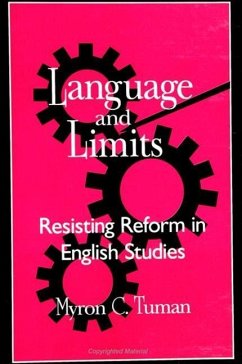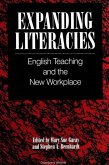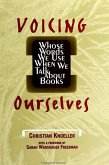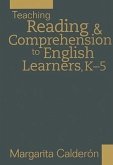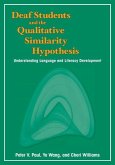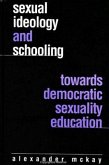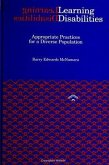What could be more commonsensical than the notion that students need to become more critical readers and writers, subjecting the ideas, beliefs, and attitudes they encounter to closer, "critical" scrutiny? Yet is not the deep suspicion of common sense one of the founding principles of critical pedagogy? Here at last is a book that attempts to look closely at the broad cultural and historical assumptions behind efforts to remake how we teach both composition and literature, in the latter case, how the rooting out of authorial or textual bias is replacing traditional notions of identification and empathy. The result is a broad cultural history of English studies and how its distinctive notion of deep language has fostered a special kind of resistance to reforms over the last two hundred years.
Hinweis: Dieser Artikel kann nur an eine deutsche Lieferadresse ausgeliefert werden.
Hinweis: Dieser Artikel kann nur an eine deutsche Lieferadresse ausgeliefert werden.

